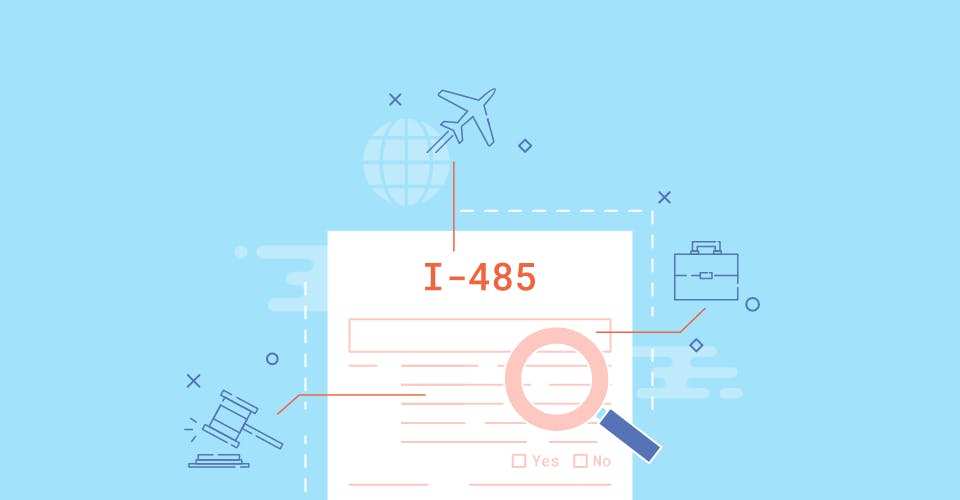When an individual is in the midst of filing their I-485 application, there is more than just the actual form that needs to be worried about. In recent years, it has become a policy of the Department of Homeland Security to peruse individual applicant’s social media profiles in an attempt to gain more information on them. The DOS, under the Obama Administration, had initially started scanning people’s social media profiles in regard to immigration in response to the San Bernardino terrorist attacks in 2015. That prompted a more all-inclusive search method, especially for incoming refugees into the United States. Government officials wanted to make sure that incoming immigrants, who had been declared legal based on the forms they had filled out and on their particular case, were not holding other ideological views that could threaten American domestic security.
While this search-everything doctrine has become more of a standardized process over the years, some critics within the government say that scanning social media profiles goes too far. The Democratic political advisor Faiz Shakir, and most recently Bernie Sanders 2020 campaign manager, said that “This collect-it-all approach is ineffective to protect national security and is one more example of an anti-immigrant agenda.”
What to look out for
Regardless of what the government is doing, the fact that social media is widely used around the world means that government officials and agencies can access your accounts if they are suspecting something. Therefore, individuals who are going through the I-485 process, or filing forms with the USCIS should be aware, at least during the time of their filing (which can take several months and up to one year at least), of what is on their social media feeds and what they are posting.
Here are some common items that applicants should take into account when they are going through an adjustment of status or other immigration process dictated by the USCIS:
1. Your address as listed on your Facebook profile. Making sure your address is updated is a good idea. There have been examples in the past of individuals being questioned on their residency because one of their social media profiles holds inconsistent residence history or has not been updated
2. Your ideological views. Of course, government officials, upholding the Constitution, must understand religious freedom, but admitting to sympathize with any terrorist organization or group that could threaten American security could be looked into from the USCIS.
3. Marital status updates. Applicants need to be careful, especially in their I-485 process if they are filing as a married couple, that the information they have published on social media accounts is consistent with their marriage. There has also been another instance where a immigration official has questioned a couple in their green card interview based on the “Single” status made one of the spouses Facebook accounts
Whether the process is ethical or not, and it does seem like a somewhat invasion of privacy, the fact of the matter is that by constantly posting on social media while in the middle of a USCIS application simply gives the agency more grounds to peer into your activities. Even well-intentioned couples, such as in the green card scenario, can present inconsistent information during an interview and have their case move to a “pending” status, or possibly be rejected. Overall, it is a good idea to make sure that one’s online profile is matching the information on ones USCIS form.














